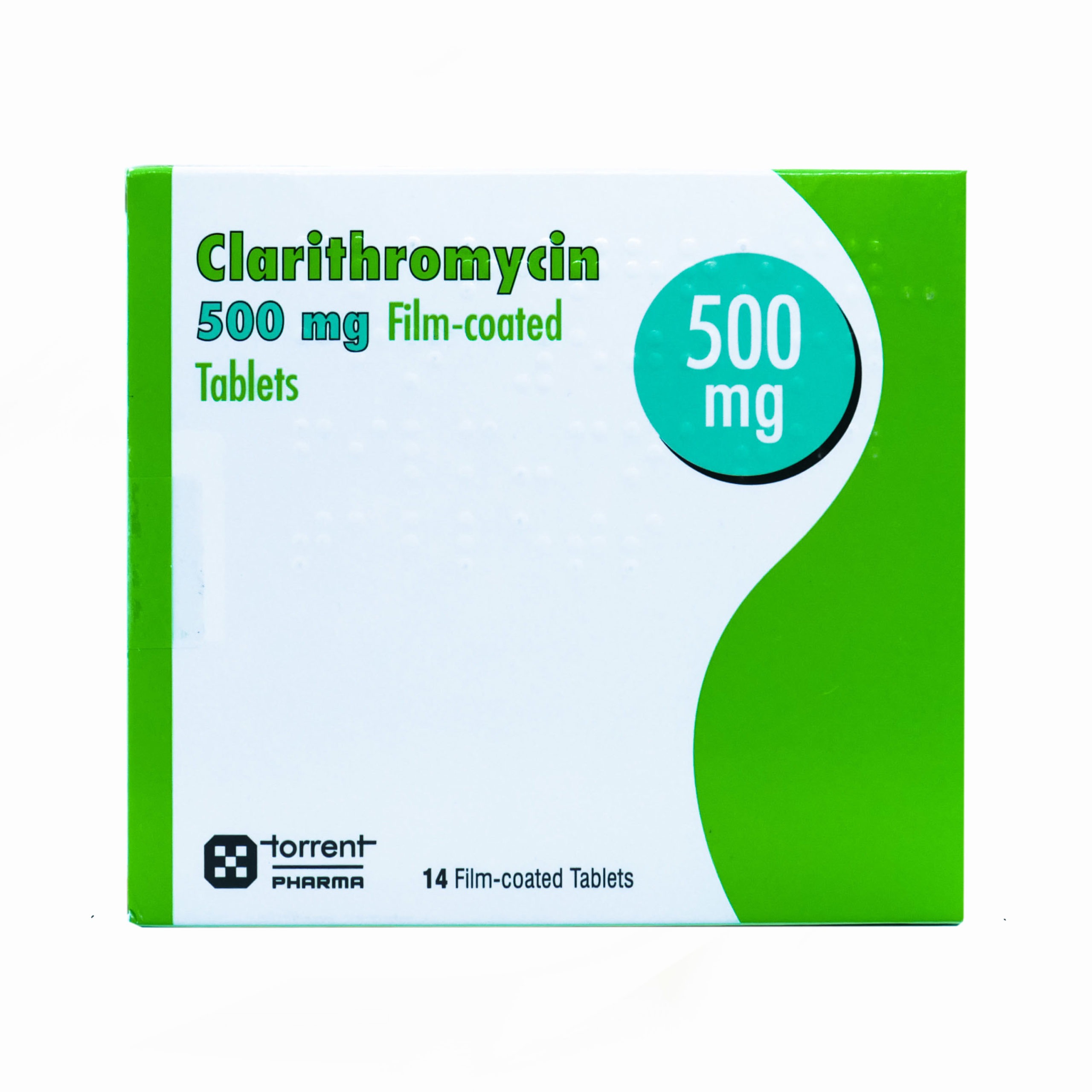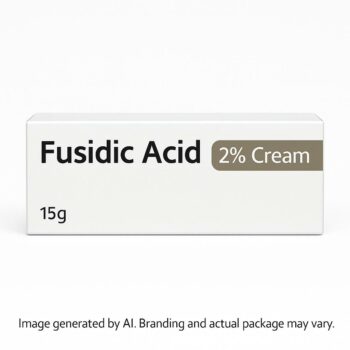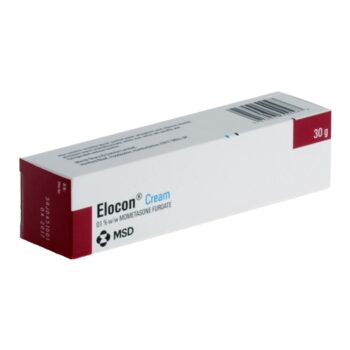Clarithromycin Tablets are a macrolide antibiotic used to treat a range of bacterial infections. They are commonly prescribed when patients cannot take penicillin-based antibiotics or for specific conditions that respond better to macrolides. Clarithromycin is particularly effective in treating respiratory infections, throat and sinus infections, skin infections, and bacterial stomach ulcers caused by H. pylori (as part of combination therapy). It is suitable for adults and children (age-dependent dosage) and is available in 250mg and 500mg strengths.
How It Works
Clarithromycin works by stopping the growth of bacteria. It binds to the bacterial ribosomes, preventing them from producing essential proteins. Without these proteins, the bacteria cannot grow or replicate, and the infection is cleared by the body’s immune system. This makes Clarithromycin a bacteriostatic agent, effective against many common pathogens, including atypical bacteria not well-covered by penicillins.
Clarithromycin is rapidly absorbed into the body and reaches high tissue concentrations, making it especially useful for chest, throat, and sinus infections.
Why Choose Clarithromycin Tablets
Clarithromycin Tablets for infection are a reliable and trusted option when penicillin alternatives are required. They offer broad-spectrum action against common bacteria and are often used as part of dual or triple therapy for eradicating H. pylori when managing stomach ulcers. The twice-daily dosing is convenient and fits easily into daily routines.
Clarithromycin is often better tolerated than some older macrolides and has a more targeted spectrum than broad-spectrum antibiotics, which helps reduce the risk of resistance when used correctly.
Important Note
Clarithromycin may interact with several medicines, especially statins, warfarin, and other antibiotics. Always inform your doctor about all medicines you take. Complete the full prescribed course even if you feel better. Store below 25°C and keep out of reach of children. Do not use leftover antibiotics for future infections.





